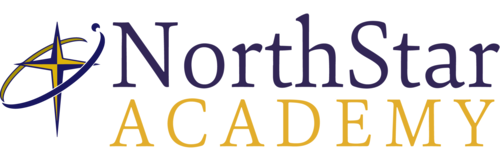The content of PBR Math 7 is organized around 8 major units:
- Integers
- Fractions, Decimals and Percents
- Operations with Fractions
- Data Analysis & Probability
- Patterns and Relations
- Equations
- Measurement
- Geometry & Transformations
Course Philosophy
The print-based resource (PBR) Math 7 course encourages students to understand the big ideas of math and connect its principles to real life application rather than simply memorize formulas and algorithms. It is designed for motivated students with engaged supervisors. It is for the student who would like more independence and choice in what resources and learning activities they want to complete. They will have an opportunity to showcase and develop their own personal Learning Journey Portfolio related to the topic being explored as well as demonstrate achievement based on provincial outcomes and expectations through assignments, projects, and quizzes designed by the teacher.
Prerequisites
A strong background in Math 6 or equivalent is recommended.
It is also recommended that you choose the resource that has previously been used.
Materials and Resources
Provided by NSA
The chosen resource package that includes:
- Student Text
- Supervisor/Teacher Guide
- Solutions
Purchased by Students
- A scientific calculator - but it does NOT need to be a fancy one
- Geometry set
- Graph Paper - can print off the internet
- Students will need a scanner for submitting work. (can be done with a cell phone app)
Suggested time required
The course is organized around 36 weeks.
Practice work is assigned based on following the print-based resource schedule. Some work from the resource may be omitted or supplemented as necessary.
Students will typically have a whole week for reflection and assessment at the end of each unit.
This would take ROUGHLY 4 - 6 hours a week, depending on the student.
Description of student evaluation
- Learning Journey Portfolio 50%
- Projects 15%
- Tests 25%
- Final 10%
